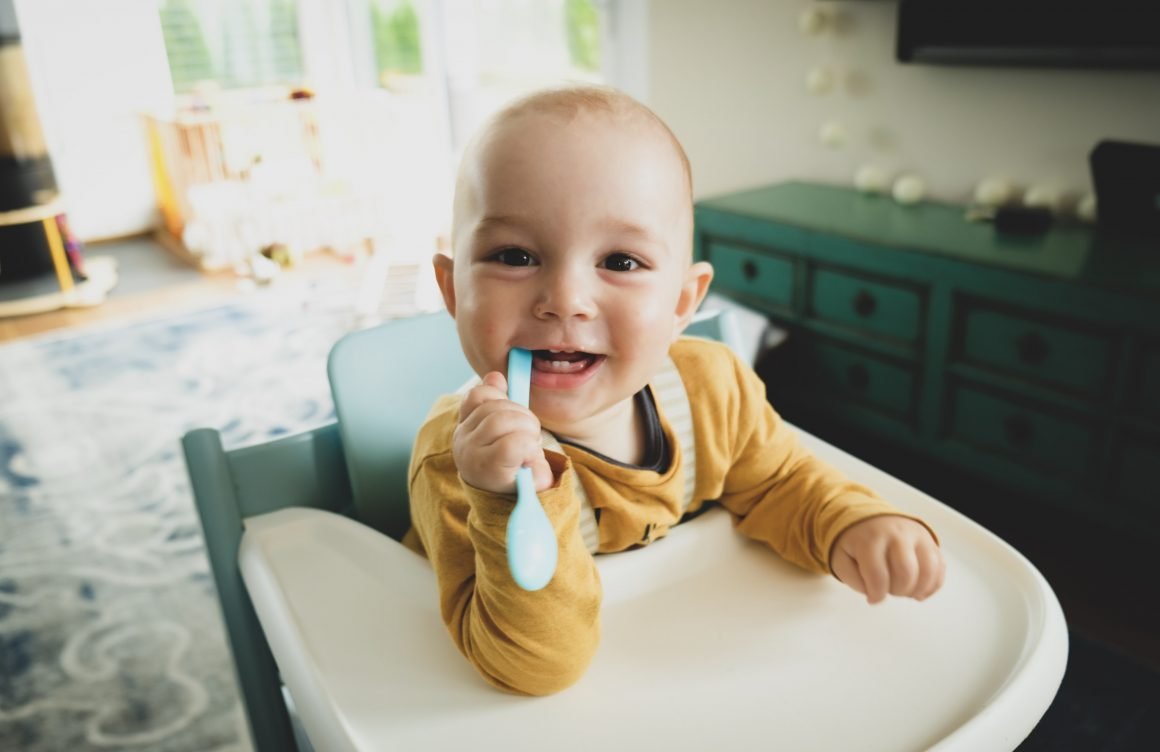Parents play a vital role in establishing a good routine that will support their kids’ oral health. Children who learn to take care of their teeth carry good habits into adulthood. From a young age, you should teach your child the importance of taking care of their teeth, the consequences of neglecting them, and the impact of oral hygiene on their overall health and wellness.
If you have young children and you are not sure where to start when it comes to taking proper care of your child’s teeth, here are answers to five of the most frequently asked questions about kids’ oral hygiene:
Q: What age should we start brushing babies’ teeth?
A: Good oral habits should start from infancy. From birth to around six months of age or before the first tooth erupts, start to clean your baby’s mouth by wiping it with a clean, damp cloth after every feeding. Once the first few teeth erupt, use water and a silicone finger brush with soft bristles to give the surfaces a soft scrub. As your child grows and when there are more teeth to clean, you can start brushing with a specially designed toddler toothbrush and use a non-fluoride-based toothpaste.
When your child learns to spit out water, you can change to a fluoride-based toothpaste. Using only a smear of toothpaste, brush their teeth gently, making sure to cover all surfaces, including those towards the back of their mouth.
Q: What age should I start bringing my child to the dentist?
A: You can schedule your child’s first dental appointment as early as six months, or when your first start to notice teeth emerging from the gums. Search for a kids’ dentist near your home and make it a point to have a check-up every six months. While the first visit will likely be a short check-up, it can be an excellent way to familiarize your child with the dental clinic, so they understand that seeing a dentist is a normal part of their routine.
Q: What are the causes of cavities and tooth decay in children?
A: The leading cause of tooth decay is the buildup of plaque around teeth. Dental plaque is a film of bacteria from undigested food that sticks to your child’s teeth. Candies, chocolates, and other sugary food can speed up the process of tooth decay as well. Kids should brush after every meal to keep plaque and food debris from building up and damaging the surfaces of their teeth.
Q: I’m starting to see brown spots and stains on my child’s teeth; what should I do?
A: Discoloration can be an early sign of tooth decay, so early intervention is vital. You can prevent these by using fluoride toothpaste to brush your child’s teeth. Once you see spots, you can bring your child to a pediatric dentist to have them removed professionally. They may recommend a topical cream to use that can neutralize the acids and prevent bacteria from building up on their teeth.
Q: How can I teach my child to take care of their teeth?
A: Until about 18 months, you will have to hold the brush for your child and clean their mouths for them. At around two years of age, you can teach your child to be more independent. Encourage your child to brush their teeth at least three times a day, especially after mealtimes and before going to bed. You can set a schedule to incorporate into their daily routine, and perhaps give them a sticker reward for completing their hygiene tasks daily.
You can nurture good oral hygiene habits at home. Set a good example by showing your child that you brush and clean your teeth regularly as well. The key to maintaining good habits is to be consistent in your schedule and repeat the routine at the same time each day. Teach your children to take charge of their dental health from an early age, and they will reap the benefits for many years.
Do you need a dentist in Markham? Our dental practice has over 35 years of experience in providing expert care and services to patients of all ages. Start your child’s oral health plan with us and schedule their first appointment today!

